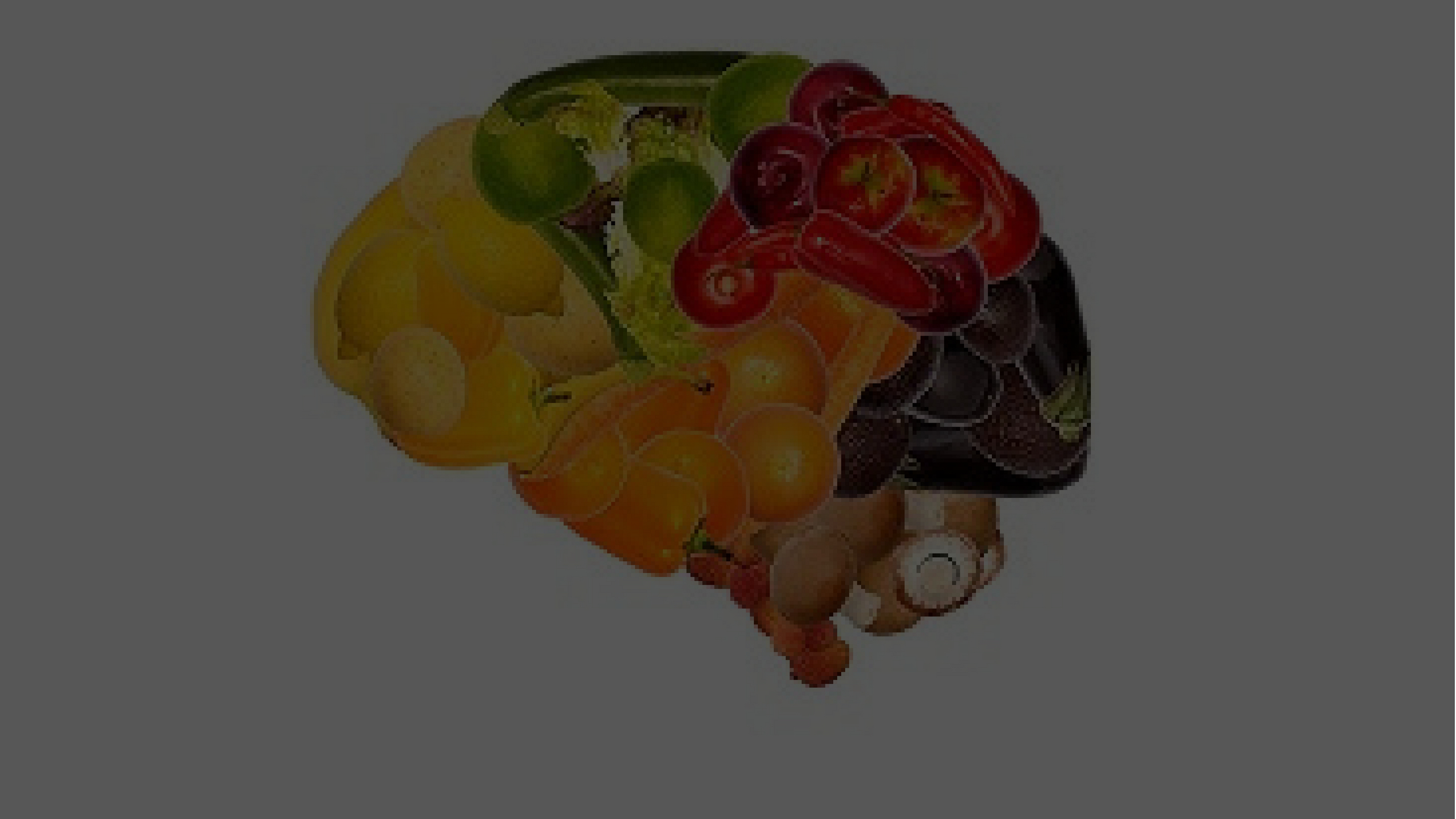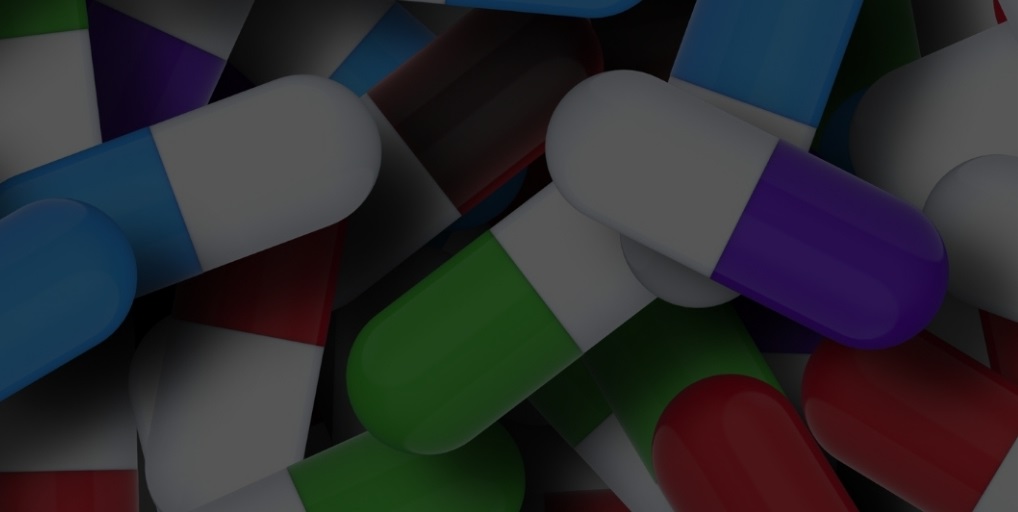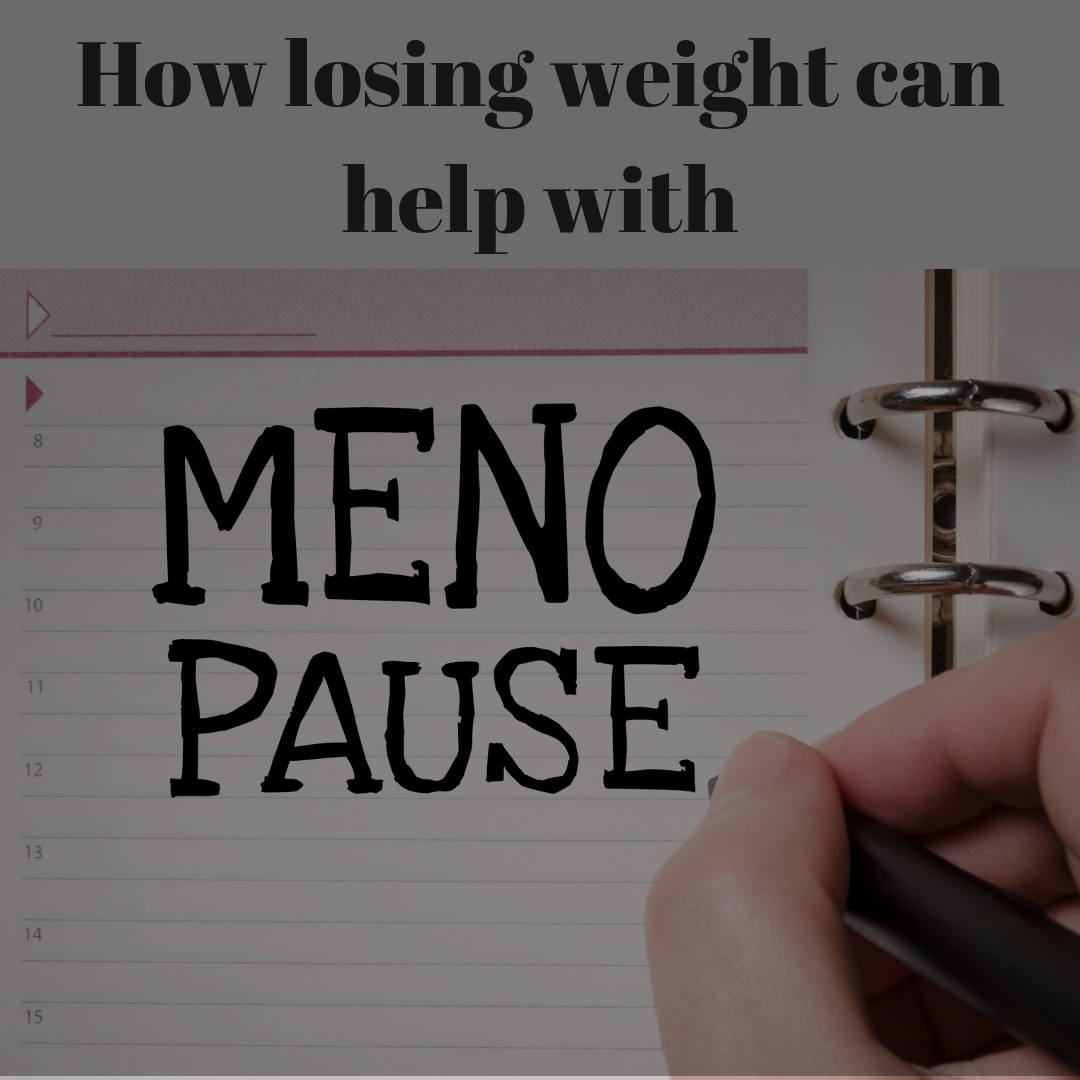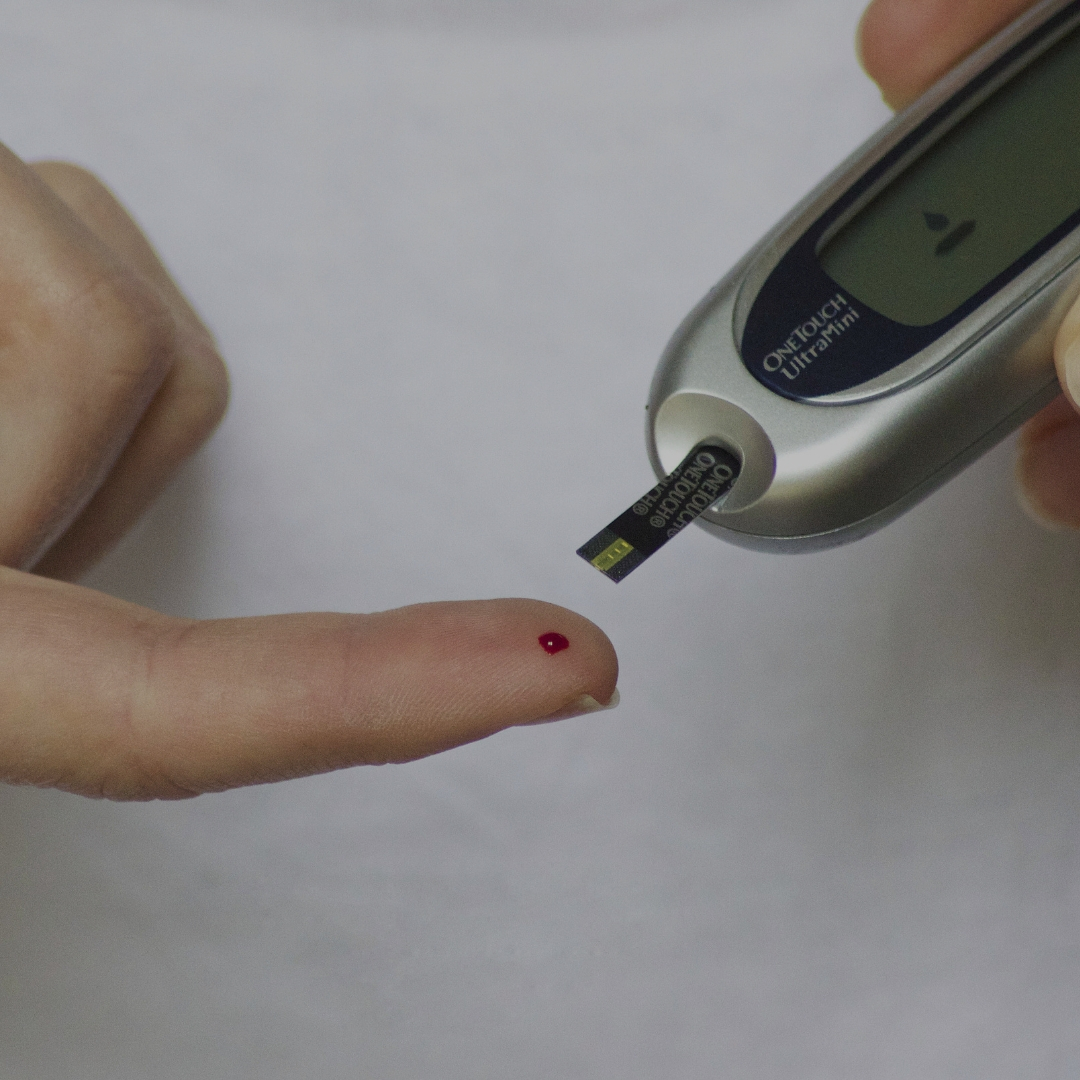Healthy canteen food is better for the workers
Eating a healthy lunch at work will not only improve a person’s well-being, it also makes them perform better.
It’s therefore in the interest of employers to try and dish up more choice in the good food category in the staff restaurant. The increased pace of working life has led to a higher consumption of ‘quick fix’ fast food and sugary snacks. This, combined with sitting for long periods, is helping to fuel the obesity crisis.
The Government’s Tackling Obesities: Future Choices project predicts that the costs to the NHS attributable to overweight and obesity could double to £10 billion a year by 2050. The knock-on effect to the economy would be £49.9 billion.
We all know that consuming too much sugar, salt and saturated fat and too little fruit, vegetable and oily fish is bad for you. But how easy is it to follow a healthy diet when you’re at work?
Responsible choices
The good news is that organisations are recognising the need to offer better food choices, including catering for those with special dietary requirements, such as gluten free and vegan options. Companies are embracing the key pledges in the Responsibility Deal on Public Health, for example, providing calorie information at the point of purchase and cutting the levels of salt and trans-fats.
Public Health England has produced A Toolkit for Serving Food to Adults. Aimed at those involved in the commissioning of food and catering service, it summarises the Government guidelines for achieving a healthy diet.
Five-a-day plus
We know that eating your five-a-day is a good target to aim for. Staff restaurants can help people to achieve this by offering a good variety vegetables and fruits (particularly low sugar types, such as melon, berries and papaya).
Other recommended actions are to offer:
- Healthier choices in vending machines and by the canteen tills, instead of sweets and salty snacks
- Good proteins instead of processed varieties
- A good selection of salads
- Boiled or mashed potatoes instead of fries
- Complex carbohydrates, such as short grain brown rice, which have not been processed and help to stabilise blood sugar.
Eating from a wide choice of wholesome foods will keep you fuller for longer, improve your motivation and help stop the pounds piling on. Also providing a restaurant where people can get a decent meal shows that a company cares about its employees’ wellbeing.
Interestingly, a survey of 41 global companies in 2010 by Towers Watson found that organisations with high levels of employee engagement had a 4% higher operating margin, whereas those with low levels of engagement declined by 2%.
They say that ‘strength goes in at the mouth’ so helping employees to eat well and stay healthy can only help boost the bottom line.
If you like what you've read, please share this post with your network.







